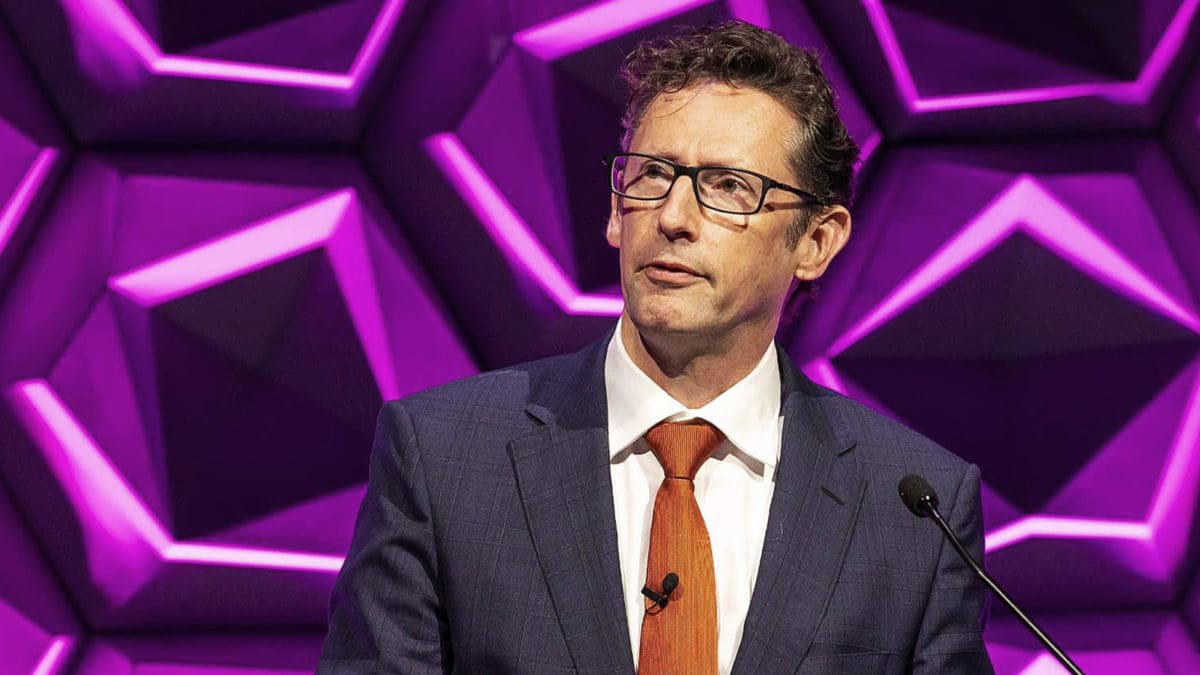Time for a reality check on 15 per cent super
As of July 1, the superannuation guarantee will rise to 10.5 per cent on its long and meandering path to the legislated 12 per cent. That will give workers an extra $15,000 in retirement, according to new Treasurer Jim Chalmers. But it likely won’t stop there.
Financial services minister Stephen Jones recently announced that the government would explore pathways to 15 per cent super (along with a raft of other measures, including payday super). This is part of Labor’s official policy platform, and has been since at least 2007. But there’s one question that hasn’t been asked of the new government: why?
After all, the retirement income review (RIR) found that 9.5 per cent super was enough to fund a decent retirement, and that further increases to the SG would impact wages and the quality of working life. Wages have admittedly been pretty stagnant, but that’s not necessarily an excuse to lock up a larger portion of them for as much as 30 years. And the other argument – which runs that a better retirement is better than a better working life – is mostly subjective. It’s clearly better to own a house in retirement than have your super balance eroded by rent.
“Forcing Australians to save more for their retirement is not always beneficial,” Brendan Coates, economic policy program director so at independent thinktank the Grattan Institute, wrote in a paper titled “No Free Lunch”. “If people have lower living standards while working they are less able to be able to afford to buy a home, or invest in their children’s education, or start a new business.”
“And for vulnerable Australians it leaves them at greater risk of poverty or financial stress. Meanwhile making Australians save more than they need (or are likely to spend) in retirement is a recipe for larger inheritances, which will exacerbate wealth inequality.”
Like other policy initiatives of the Morrison Government, the temptation with the RIR was to view it as a partisan effort to weaken industry funds. But the RIR board was not stacked with the Liberal Party faithful and its modelling matched that of the Grattan Institute. The RBA agrees.
While the superannuation industry has not come out guns blazing in favour of 15 per cent super, nor has there been the usual chorus line of executives and industry associations decrying it, as there was with Your Future, Your Super (YFYS). YFYS is probably bad for members, but clearly worse for the supposed guardians of their money. This policy would be obviously bad for members but a net positive for anybody collecting the fees.
When evidence indicates that 15 per cent super is not needed – that it will, in fact, hurt members today – there’s a clear conflict of interest. Lobby groups in Canberra with KPIs based on industry rather than member outcomes will no doubt be pleased with the policy and the friendly government that will implement it at the first chance. But calls for 15 per cent super simply have no grounding in reality.











